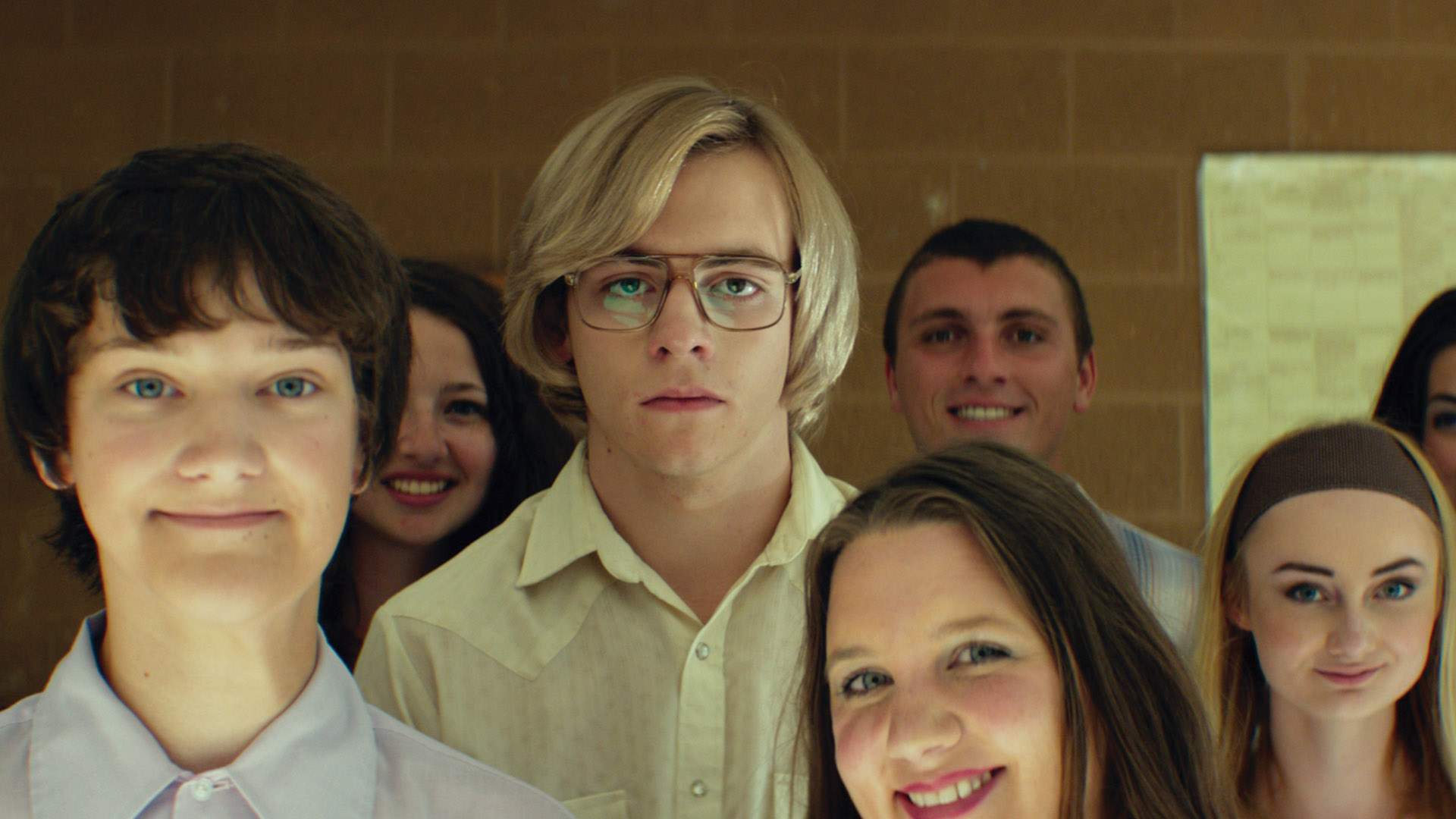My Friend Dahmer
This look into the teenage years of serial killer Jeffrey Dahmer is critically lacking in nuance and depth.
Overview
My Friend Dahmer isn't joking about its title. Exploring Jeffrey Dahmer's high school years during the 1970s, the film adapts the graphic novel of the same name, which was written by one of the serial killer's classmates and acquaintances. That said, based on the events depicted on-screen, it doesn't feel quite accurate to call John 'Derf' Backderf one of Dahmer's pals. Describing anyone as a friend of the teen who'll ultimately rape, murder and dismember 17 men doesn't feel quite right, for that matter, as the movie makes clear.
"I like to pick up roadkill, but I'm trying to quit," Dahmer (Ross Lynch) tells one of his classmates. Every time the town doctor (Vincent Kartheiser) jogs past his house, he pays more attention than he should. In his garden shed at home, he likes to dissolve dead cats in acid. At school, when he's not keeping to himself, he's making odd noises and causing scenes in the hallways. It's the latter behaviour that piques the interest of aspiring artist Derf (Alex Wolff) and a few other students, inspiring them to form the 'Dahmer Fan Club' and to recruit its namesake as a member. The group encourages Dahmer's over-the-top performances, sneaks him into club yearbook photos as a prank, and even talks their way into meeting with the US Vice President. But behind the seeming camaraderie, Derf and the gang are still laughing at the new pal even when they're also laughing with him. Eventually they push the joke too far, before abandoning the guy they've been calling their mascot.
There's nothing simple about Dahmer's adolescent years, as My Friend Dahmer shows. In addition to being repeatedly humiliated by the people he thinks are his friends, he struggles to cope with his sexuality, his mother's (Anne Heche) mental illness and his father's (Dallas Roberts) eventual absence. Still, there's something much too familiar about writer-director Marc Meyers' approach to this story. While the film doesn't ever try to justify or excuse the heinous deeds Dahmer would go on to commit not that much later in his life, it does draw a very short line between the treatment Dahmer is subjected to and his inner turmoil. The details might stem from reality, but the position the picture seems to take — that Dahmer was odd, but essentially an average guy until he was bullied — feels both superficial and uncomfortable, particularly given how often the same kind of sentiment is splashed across newspaper headlines to explain killings, attacks and mass shootings.
Of course, watching a film about a notorious murderer's formative years shouldn't be an easy experience. Nor should empathising with a confused, tormented kid who'll go on to commit brutal crimes, including cannibalising some of his victims. The guilt and regret that the real-life Derf has obviously tussled with over the past four decades are infused into the movie, albeit in skin-deep fashion. Clumsy foreshadowing certainly doesn't help, especially since everyone knows how Dahmer's tale pans out. Whether it's someone remarking that Dahmer isn't going to bite, his mother declaring that their family eats their feelings, or an angry teacher furiously attempting to remove him from school photos, all these incidents just convey the obvious, showing absolutely no signs of depth.
Segueing from Disney star to serial killer, a well-cast Lynch adds nuance where it's needed. Crucially, his performance pits Dahmer in the middle of two extremes — ostensibly normal but misunderstood and mistreated at one end, fated for horrific deeds at the other. In fact, the young actor captures a mood of ambiguity that the film around him can't completely master, offering up a portrayal that's never sympathetic but never filled with overt judgement either. Wolff is also impressive as Derf, although the character is sometimes painted in the same overly neat manner as much of the rest of the movie. Indeed, from a visual perspective, My Friend Dahmer looks like a picture-perfect portrait of '70s high school angst, as often laid out in wide shots that mimic Derf's graphic novel. But demonstrating that something darker lurks beneath the surface isn't as profound as the film seems to think.





